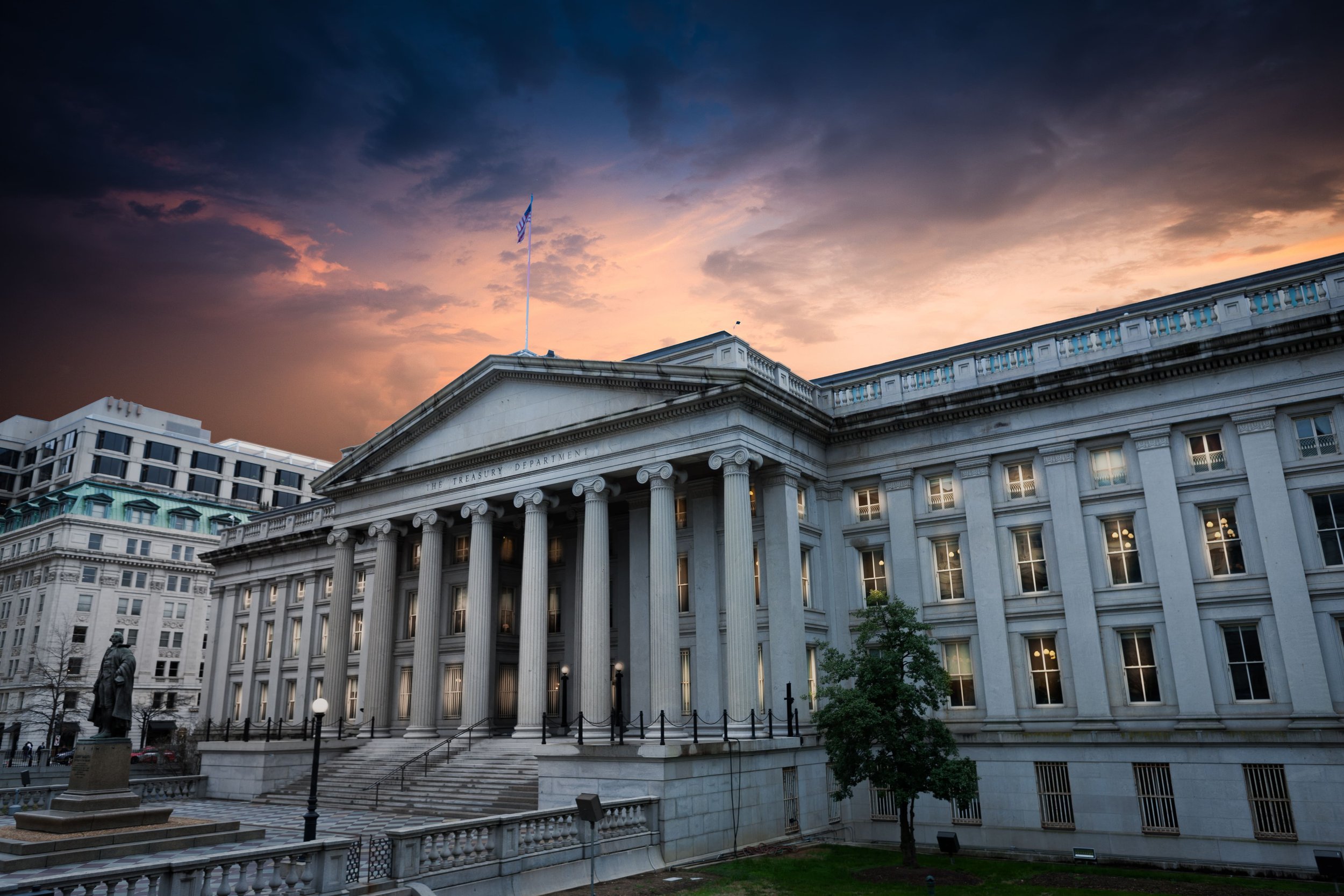Potential Regulatory Risks in International Investing
Investors often use various mutual funds and exchange-traded funds focused on international markets to achieve investment portfolio diversification across geographic regions. Such funds can offer beneficial exposure to developed and emerging markets that may provide risk/return profiles that are differentiated from those of domestic U.S. markets and industries.
Unfortunately, those funds may also hold shares of companies that run afoul of U.S. sanctions or draw adverse political scrutiny and pressure. For example, the Russian invasion of Ukraine resulted in several widely-held companies being sanctioned by the U.S. Office of Foreign Assets Control. In part, these sanctions prohibit U.S. persons from trading those securities.
Another example involves Chinese firms with dealings in "sensitive" technologies like advanced semiconductor chips, or related to security concerns. Some of these firms have been subject to congressional committee investigations that may seek to prohibit or limit U.S. investor dealings with these companies.
Sanctions, foreign policy, and regulatory frameworks comprise a dynamic, constantly-shifting landscape. Investors should be familiar with the benefits of deliberate geographic investment diversification, while adjusting as appropriate for current and future potential regulatory risks that may impact the value of an investment portfolio.
- Tony Winkels is Managing Partner and Wealth Advisor at Fortis Wealth Management



